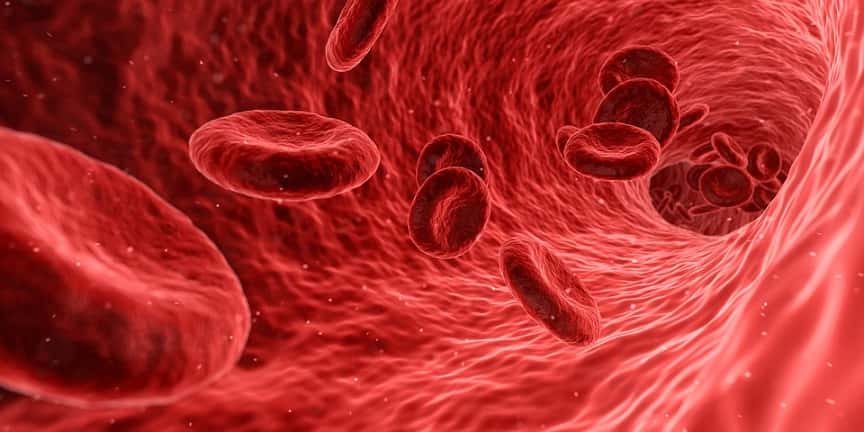Can Cramp Kill You? [A Factual Analysis]
Muscle cramps, the sudden involuntary contractions that cause intense muscle pain, can be a common experience for many people.
While excruciatingly uncomfortable, muscle cramps are not inherently life-threatening.
However, there are circumstances where muscle cramps can indirectly contribute to life-threatening situations.
Here we will look at this subject in more detail.
Author: Josh Matthews (BSc MS)
Can Cramp Kill You?
To understand the relationship between muscle cramps and mortality, it is crucial to recognize that cramps themselves do not pose a direct threat to your mortality.
Spasms/cramps in muscles are typically caused by muscle fatigue, dehydration, electrolyte imbalances, or nerve compression.
Athletes, particularly those engaging in endurance sports, often experience cramps due to the significant stress placed on their muscles.
Likewise, individuals in hot environments, where dehydration and electrolyte imbalances are more likely, can suffer from muscle cramps.
Indirect Risks From Cramp
While the cramps alone are not lethal, they can lead to dangerous situations if you experience cramp in certain scenarios.
Consider a scenario where a marathon runner experiences a severe leg cramp during a race. The pain might cause them to stumble or fall, potentially leading to injuries.
In extreme cases, this fall could result in a head injury or other trauma, which may be life threatening.

Furthermore, muscle cramps can occur during activities like swimming. If a swimmer experiences a leg cramp in deep water and is unable to control it, they could struggle to stay afloat and risk drowning.
In this context, the cramp indirectly contributes to a life-threatening situation by impairing the individual’s ability to swim to safety.
Cramp As An Indicator For Serious Health Risks
In very rare cases, persistent and severe muscle cramps might be indicative of underlying health conditions.
Diseases affecting the nerves, such as Amyotrophic Lateral Sclerosis (ALS) or certain muscular dystrophies, can cause frequent and intense muscle cramps.
These conditions are serious and potentially life-limiting, although the cramps themselves are a symptom rather than the direct cause of mortality.

Additionally, certain electrolyte imbalances, if left unaddressed, may lead to deadly consequences.
For instance, severe Hyponatremia, a condition characterized by dangerously low sodium levels in the blood, can cause muscle cramps, confusion, seizures, and, in extreme cases, coma or death.
It is essential to address the root cause of such imbalances and manage symptoms like muscle cramps to prevent these severe outcomes.
Something that is not often considered is that the heart itself is a muscle, and can also experience cramp.
A temporary tightness or spasm in the chest area could be a Coronary Artery Spasm.
This is caused by a spasm of the muscle layer in the wall of the blood vessel, which leads to a temporary artery blockage.

This condition is caused by an imbalance in the chemicals which cause the blood vessels to tighten and relax.
This is a treatable condition once diagnosed, and for some it will go away on its own.
In some cases however, the spasm can cause not just angina, but a heart attack.
It is also worth considering whether you have a Deep-Vein Thrombosis (DVT), or blood clot.
This condition can closely resemble leg cramp or a muscle tear.
DVT is different however in that the pain from DVT can last longer, there can be swelling present in DVT, and there may be reddish looking skin around the area which may feel warm.
If DVT is not treated it can cause death.
Conclusion
So while muscle cramps are immensely painful, and can lead to accidents in specific situations, they are not inherently life-threatening.
However, individuals experiencing persistent, severe cramps should seek medical advice, as they could be symptomatic of an underlying health issue.
As with any health concern, it is essential to address the root cause and manage symptoms promptly to ensure overall well-being, and prevent potential complications.
Disclaimer: All information on this site is for information only, and not intended to replace the advice of a qualified medical professional. curemycramp.com and any writers associated with this website accept no responsibility for circumstances arising from the use of information on this site, without consulting a registered health professional first.

